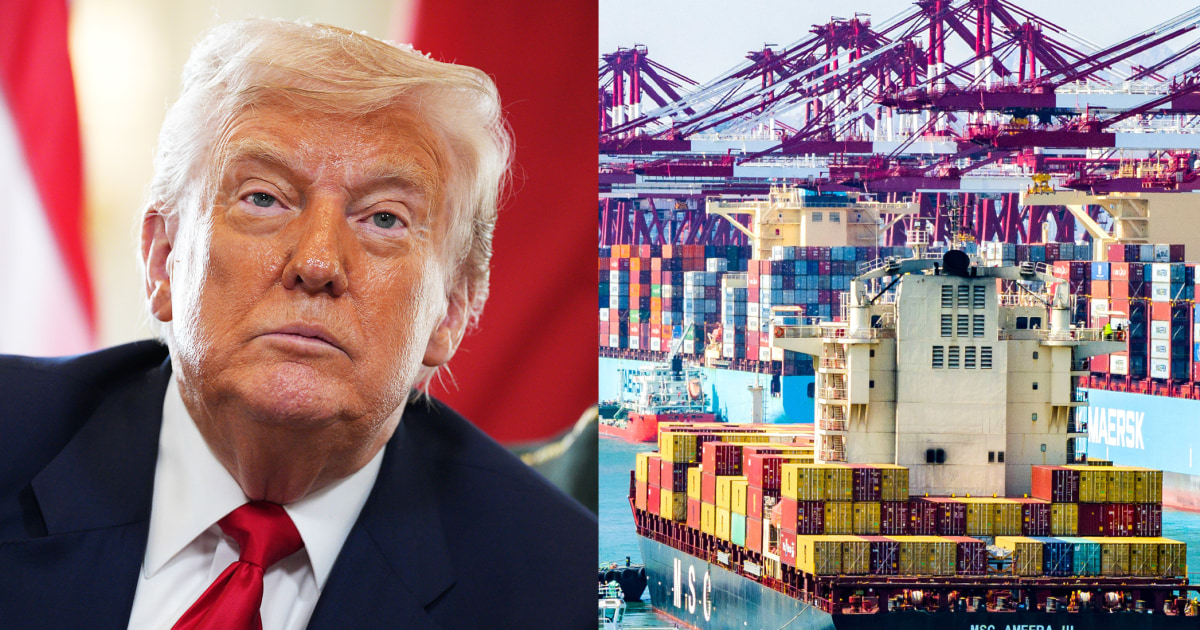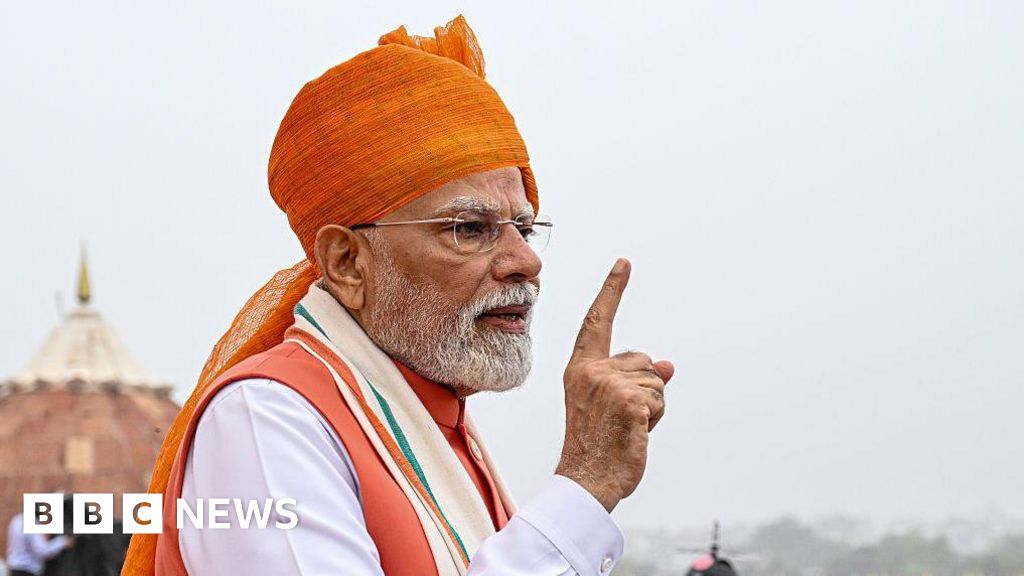Confusion and Uncertainty Surrounding President Trump's Tariffs

Introduction
The recent decision by an appeals court to overturn President Donald Trump's tariffs has caused confusion and uncertainty in the business world. Many are wondering what will happen now that the tariffs are no longer in effect. Although the ruling has been made, there is still a possibility for the decision to be appealed to the U.S. Supreme Court.
What the Ruling Means
The appellate judges have allowed the tariffs to stand for the time being, giving the Trump administration the opportunity to file an appeal. This means that the tariffs are still in effect for now, but the decision could potentially be reversed in the future. This ruling has caused concern for businesses that have been impacted by the tariffs, as they are unsure of what the future holds for their trade and operations.
The Impact on Businesses
The uncertainty around the tariffs has caused disruptions in the supply chain for many companies. With the possibility of the tariffs being lifted, businesses are hesitant to make long-term plans and investments. This has also affected consumer prices, as companies are passing on the additional costs from the tariffs to their customers. The ruling also brings into question the effectiveness and fairness of the tariffs and their impact on global trade.
About the People Mentioned
Donald Trump
Donald John Trump, born June 14, 1946, in Queens, New York, is an American businessman, media personality, and politician. He graduated from the University of Pennsylvania’s Wharton School in 1968 with a degree in economics. In 1971, he took over his family’s real estate business, renaming it the Trump Organization, through which he expanded into building and managing skyscrapers, hotels, casinos, and golf courses. Trump gained widespread fame as the host of the reality TV show *The Apprentice* from 2004 to 2015, which helped establish his public persona as a successful entrepreneur. Trump entered politics as a Republican and was elected the 45th president of the United States, serving from 2017 to 2021. His presidency was marked by significant policy actions including tax cuts, deregulation, the appointment of three Supreme Court justices, renegotiation of trade agreements (notably replacing NAFTA with the USMCA), and a focus on immigration control including border wall expansion. He withdrew the U.S. from international agreements such as the Paris Climate Accord and the Iran nuclear deal, and engaged in a trade war with China. His administration’s response to the COVID-19 pandemic was criticized for downplaying the virus’s severity. Trump was impeached twice by the House of Representatives—first in 2019 for abuse of power and obstruction, and again in 2021 for incitement of insurrection—but was acquitted by the Senate both times. After losing the 2020 election to Joe Biden, Trump challenged the results, culminating in the January 6, 2021, Capitol riot. He remains a central figure in American politics, having won the 2024 presidential election and returned as the 47th president in 2025, continuing to promote policies aimed at economic growth, border security, and military strength[1][2][3][4].

















